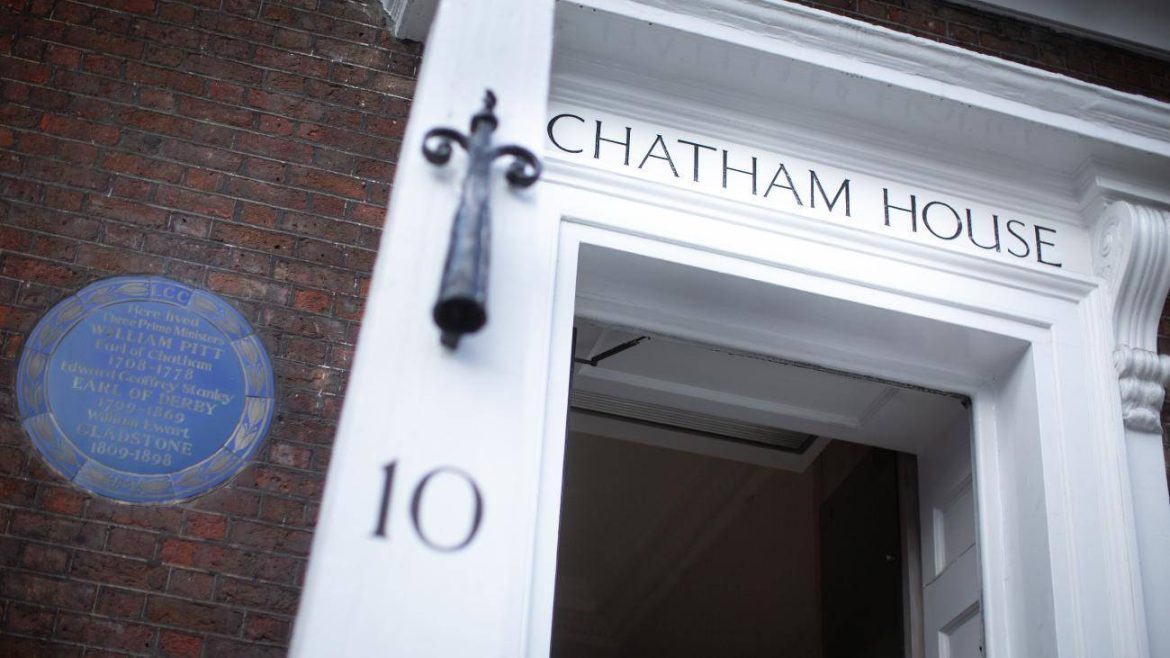1.3K
By Lizzy Chirkpi
Chatham House, a respected London-based policy institute, has raised serious questions about President Bola Tinubu’s recent assertion in Brazil that his administration has eradicated corruption in Nigeria.
In a new report, the think tank stated that corruption remains “deeply entrenched,” undermining the economy, weakening the rule of law, and eroding public trust in national institutions.
Authored by Dr. Leena Hoffmann and Tommy Hilton, the report pointed to a compromised judiciary and entrenched political capture as indicators that Nigeria’s struggle with corruption is far from over.
Despite more than two decades of reform initiatives, the report observed that graft continues to define governance in the country, contributing to rising poverty now affecting 54 percent of Nigerians while driving emigration, public protests, political unrest, and extremist violence. Nigeria remains ranked among the 40 most corrupt nations globally on Transparency International’s Corruption Perceptions Index, lags on the World Bank’s control of corruption index, and places 33rd in Africa on the Mo Ibrahim governance ranking.
“Corruption diverts public resources away from vital sectors such as education, healthcare, and infrastructure, fuelling poverty and inequality,” the report stated, noting that Nigeria’s economic size masks low per capita output and stark inequality.
The report linked these persistent challenges to decades of military rule, political patronage, and weakened anti-graft agencies, while observing that bribery and clientelism have become widely accepted practices for navigating official processes.
By scrutinising President Tinubu’s claims, Chatham House has reignited debate over the effectiveness of ongoing governance reforms and the gap between official pronouncements and the lived experiences of many Nigerians.



